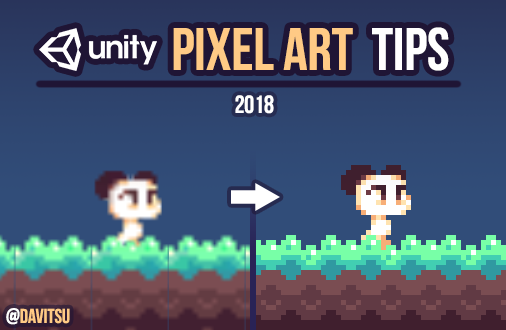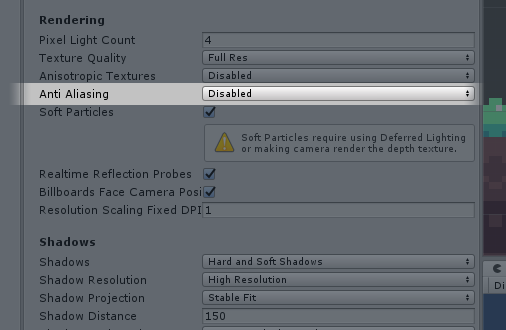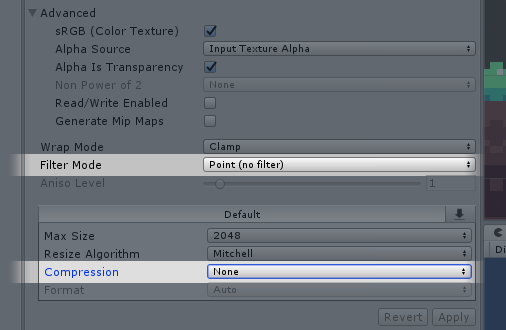This is very bad.
goo.gl/PFXjNM
If I am reading this correctly, this 2.4 isn't just targeted at Improbable. It appears that if you are using Unity with AWS, Google Compute & similar, you're also now in violation.
This HAS to be about money.
Change my mind.
I mean, if it's just about money, they would flat out say so; as they've done in the past when changing biz model
Amazon could buy Unity tomorrow, make it free - and then stop devs from using a competing cloud platform. That's how bad this fiasco is.
theguardian.com/business/2019/…
TIP: Switching to @UnrealEngine from Unity isn't trivial, but it's doable; and devs do it more often than you think. The UE4 learning curve is the largest barrier.
That sound you hear is a hundred phones at Unity offices ringing right about now; and dozens of people about to wake up to a real bad day, real quick.
Here's the missing link.
Take a look at what Multiplay does, and how Unity makes money from it. Then see how Improbable threatens that revenue stream.
unity.com/multiplay
unity3d.com/company/public…
improbable.io/company/news/2…
blogs.unity3d.com/2019/01/10/our…
This was about money.
GCP, AWS, Azure et al, are all cloud platforms which don't do anything other than provide the platform.
Improbable goes well beyond that. Hence their custom Unity & UE4 GDK.
That explains the EULA violation now claimed by Unity.
If you want to use software beyond its license, you have to pay for it. You can't license it to do A for less, then use it for A+B without a custom license|permission.
That's how custom licenses have always work.
wtf am I talking about? Strap in, it's good.
Let me break it down as best I can.
Unity has spent the past 36 months, amid massive growth, trying to find ways to improve on investor returns. It's what companies do.
Corps exist to MAKE money. Unless they're a charity.
We were building tools and engines to power the games you were either playing or yelling at us for.
Years go buy, and all the top tier engines continued to be out of reach of all but the publishers who could afford them. We kept rolling out our own crap.
Unity happened. And it changed EVERYTHING.
But nobody did anything disruptive without someone LOSING money PAYING for it.
Unity as a corp exists to make money. That whole engine licensing thing is a byproduct, not a focus. But feel free to think otherwise even as you ponder on how you're going to fund your "disruptive" game.
Devs like cheap stuff. We don't pay for shit if we don't have to. Like ever.
So in Q4/17 they closed on a deal to buy Multiplay from a group you never - ever - heard of.
This is what Multiplay does. Pay attention. There will be a quiz later.
unity.com/solutions/real…
That's why Unity bought Multiplay.
As a result, it directly competes with Multiplay.
Over five years, we built this for my Line Of Defense game. It's called Wide Span Global.
lodgame.com/downloads/LOD_…
Here's why:
lodgame.com/downloads/docs…
I am not going to delve into the sizes, but you can read more about it here. But each planet scene is about 256 sq km
lodgame.com/faqs/how-is-th…
Makes sense to me.
lodgame.com/13-12-02-state…
We'll see.
{end}
"The question, then, is why Improbable seems to have been targeted....The answer probably lies in the “partnership” that both Unity and Improbable elude they were in the process of reaching"
techcrunch.com/2019/01/10/uni…












